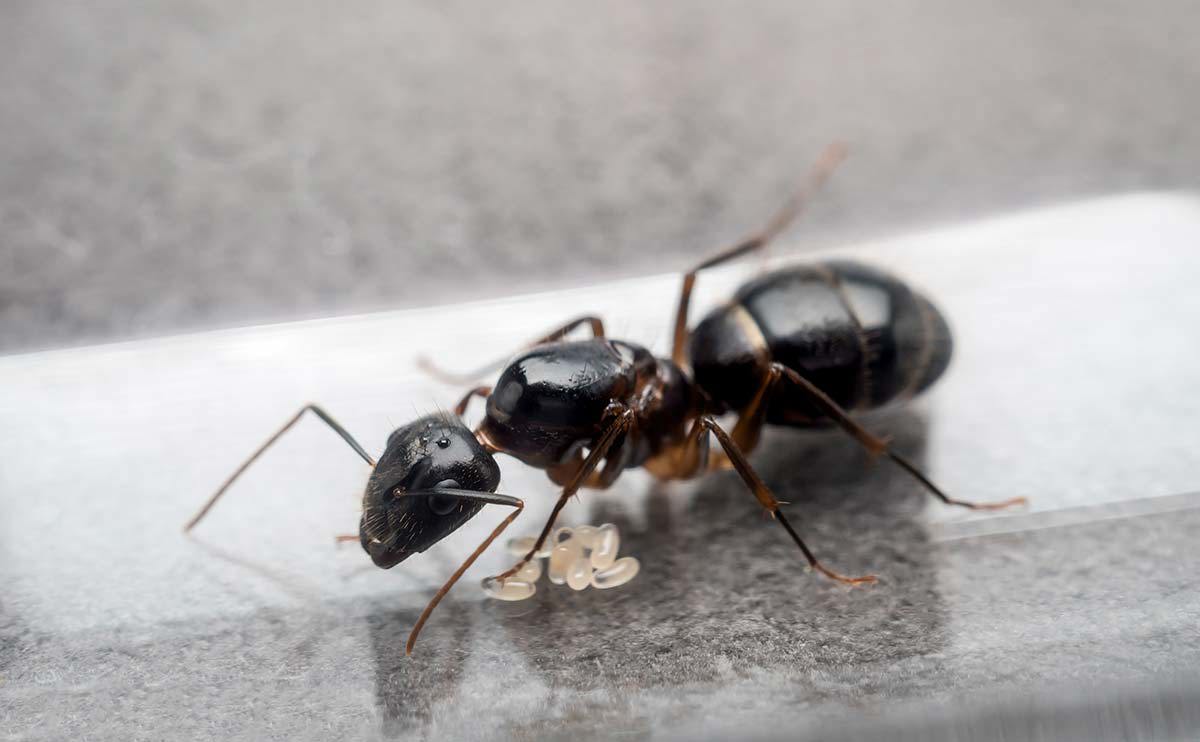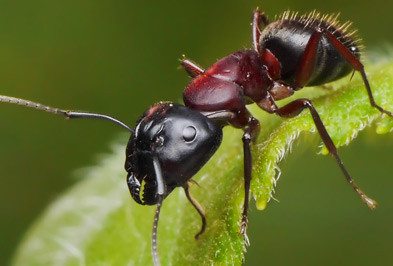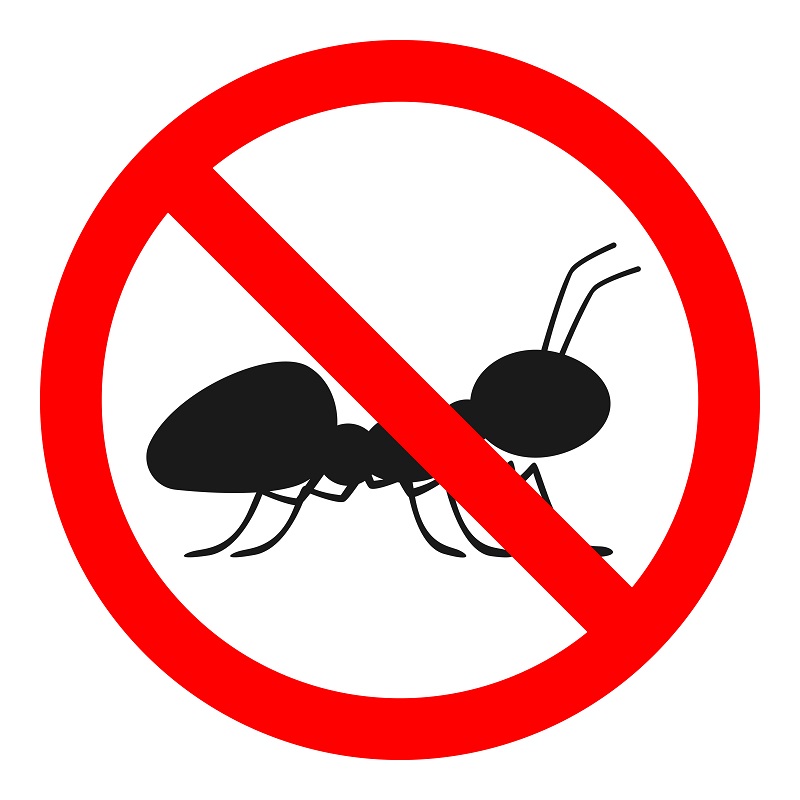Specialist Ant Control Services: Personalized Therapies for Long Lasting Outcomes
Specialist Ant Control Services: Personalized Therapies for Long Lasting Outcomes
Blog Article
Ecological Effect of Bug Control: Harmonizing Performance With Sustainability
The environmental effect of insect control is a crucial concern that requires a fragile balance between achieving efficiency in ensuring and handling bugs sustainability of our communities. From the usage of damaging chemicals that seep into our dirt and water to the unexpected consequences on non-target species, the repercussions of traditional bug control techniques are significant.
Hazardous Chemicals in Bug Control
The usage of harmful chemicals in insect control presents significant ecological and health dangers that require mindful factor to consider and reduction strategies. Pesticides, herbicides, and pesticides are generally used to remove pests, yet their extensive application can result in unintended effects. These chemicals can infect soil, water sources, and the air, affecting not only the targeted insects however also advantageous insects, wildlife, and people.

To deal with these dangers, incorporated pest monitoring (IPM) strategies are being advertised as a more sustainable option. IPM involves a mix of techniques such as organic control, environment adjustment, and the targeted usage of pesticides as a last resource (ant control thomaville nc). By adopting an alternative method to pest control, we can lessen the ecological and health effects related to damaging chemicals while effectively handling pest populaces
Effect on Non-Target Variety
Thinking about the unexpected effects of parasite control techniques, the effect on non-target types is an essential element that calls for detailed assessment. While pest control measures intend to target details pests, other organisms in the environment may be unintentionally influenced. Non-target species, consisting of helpful bugs, birds, creatures, and also plants, can experience straight or indirect injury from pesticide applications or biological control methods.
Pesticides created to battle a certain insect pest might damage pollinators like or natural predators such as ladybugs. Organic control representatives, if not species-specific, can posture threats to unexpected targets, interfering with the ecological balance.
To minimize the impact on non-target varieties, integrated bug administration (IPM) strategies that emphasize a holistic approach to pest control are advised. These approaches focus on the use of eco friendly methods, reducing injury to valuable microorganisms while properly managing pest populations. Performing extensive threat evaluations and keeping track of the end results of parasite control initiatives are vital action in securing non-target types and promoting overall community wellness.
Soil and Water Contamination
Unintentional ecological consequences of parasite control approaches expand beyond influencing non-target varieties, with considerable effects for soil and water contamination - termite control services. Chemicals, herbicides, and chemical plant foods used in pest control can leach into the dirt and pollute groundwater, posing a danger to both aquatic and earthbound communities.
Water contamination is one more crucial issue related to insect control methods. Runoff from agricultural fields treated with chemicals can lug these chemicals right into nearby water bodies, affecting aquatic organisms and water quality. Impurities in water sources can have far-reaching consequences, influencing not only marine life however likewise human health and wellness through the intake of infected water or water microorganisms. To mitigate soil and water contamination from parasite control tasks, incorporated pest administration approaches that prioritize sustainability and decrease chemical inputs are crucial.
Air Pollution From Chemical Use
Direct exposure to air-borne chemicals throughout farming applications poses a considerable issue for air pollution control procedures. When chemicals are sprayed onto crops, they can volatilize right into the air and kind unpredictable organic compounds (VOCs) and various other airborne toxins. These chemicals can add to the formation of ground-level ozone, a significant component of smoke that can have harmful effects on human health, crop performance, and general air top quality. Furthermore, chemical drift, where chemicals are carried by the wind to unintentional areas, can cause the contamination of neighboring communities and water bodies.

Approaches for Sustainable Bug Control
In the realm of farming practices, implementing lasting pest control techniques is paramount for keeping environmental equilibrium and safeguarding crop returns. Lasting pest control highlights making use of environmentally friendly methods to manage pest populaces successfully while minimizing harm to non-target microorganisms and environments. Integrated Bug Monitoring (IPM) is a widely adopted method that combines biological, cultural, physical, and chemical control approaches to accomplish long-lasting insect monitoring services.
One key technique in lasting insect control is promoting biodiversity within agroecosystems. By enhancing all-natural enemies of bugs, such as killers and parasitoids, farmers can minimize the need for artificial pesticides. Crop turning and diversification are additionally efficient methods to interfere with pest life cycles and produce less desirable conditions for bugs to flourish. Additionally, utilizing pest-resistant crop ranges and employing strategies like trap cropping can help in reducing insect pressure without relying greatly on chemical treatments. Eventually, by incorporating these sustainable insect control approaches, farmers can achieve an equilibrium between pest administration performance and ecological stewardship.
Conclusion
In verdict, the environmental influence of parasite control methods need to be thoroughly considered to stabilize performance with sustainability. Damaging chemicals made use of in bug control can result in dirt and water contamination, air contamination, and harm non-target species - ant control. It is essential to implement lasting bug control strategies to minimize these negative results on the setting and promote a healthier ecosystem for future generations
By embracing an alternative method to pest control, we can minimize the ecological and wellness effects connected with unsafe chemicals while successfully taking care of pest populations.

To alleviate the air pollution caused by pesticide use, it is essential to adopt integrated insect management techniques that focus on the usage of non-chemical pest control approaches, such as crop turning, natural killers, and immune plant ranges. Lasting parasite control highlights the usage of eco pleasant methods to take care of bug populaces properly while reducing harm to non-target microorganisms and environments. Integrated Insect Management (IPM) is an extensively embraced strategy that like this incorporates biological, cultural, physical, and chemical control methods to attain long-lasting pest monitoring solutions.
Report this page